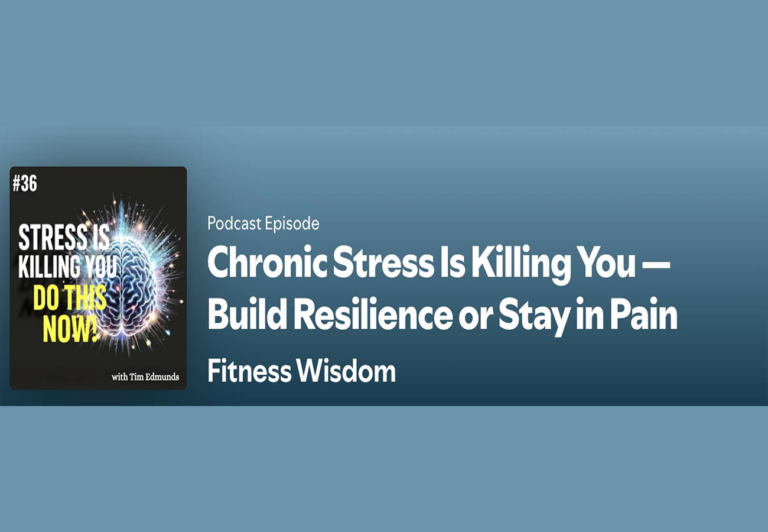As we delve into the digital era, the impact of screen time on our well-being has become a topic of much discussion. While it’s nearly impossible to avoid screens in our day-to-day lives, understanding their influence on our body chemistry and emotions is crucial for maintaining a healthy balance. This blog post, inspired by a recent article from The Epoch Times titled “The Silent Epidemic Eating Away American Minds”, explores practical ways to harmonize our digital and real-world interactions.
Understanding the Impact
Firstly, it’s important to recognize that screen time isn’t inherently bad. It’s a gateway to knowledge, connection, and entertainment. However, excessive exposure can lead to a range of negative effects on our body and mind. The blue light emitted by screens can disrupt our circadian rhythms, leading to poor sleep quality, which in turn affects our mood and cognitive function. Furthermore, prolonged exposure to screens can result in digital eye strain, causing discomfort and even long-term vision issues.
From a psychological perspective, the overuse of digital devices can lead to feelings of isolation and loneliness, despite the illusion of constant connectivity. The content we consume online can also significantly influence our emotions and mental state.
Maximizing Interpersonal Connections
While avoiding screen time is unrealistic in the modern world, we can certainly strive to maximize interpersonal connections when we’re away from our devices. Engaging in face-to-face interactions, spending quality time with loved ones, and participating in community activities can greatly enhance our emotional well-being. These real-world connections provide a sense of belonging and support that screens cannot replicate.
Implementing a ‘Power Down’ Time
One practical approach to managing screen time is to establish a ‘power down’ period during the week. This could be an hour or two before bedtime where all digital devices are turned off. This practice not only helps in reducing the negative impact of blue light on our sleep patterns but also provides an opportunity to engage in other relaxing activities like reading, meditating, or spending time with family.
The Weekend Screen Fast
Another recommendation is to consider a screen fast for one or two days on the weekends. This brief digital detox can be profoundly refreshing for both the mind and body. It encourages us to reconnect with the physical world, engage in physical activities, and explore hobbies and interests outside the digital realm.
Finding the Balance
The key to managing screen time effectively is finding the right balance. It’s about being mindful of how much time we spend in front of screens and ensuring that it doesn’t detract from our physical, emotional, and social well-being. By prioritizing real-world interactions and setting boundaries for our digital device usage, we can mitigate the negative effects of screen time and enhance our overall quality of life.
In conclusion, while screen time is an integral part of modern life, it’s vital to remember that our health and well-being depend on more than just what’s on the screen. By consciously managing our screen time and prioritizing interpersonal connections, we can maintain a healthy balance in our digital and real-world lives.
*Note: The information in this blog is based on current understanding and research regarding screen time and its effects. It is recommended to consult with health professionals for personalized advice.*



